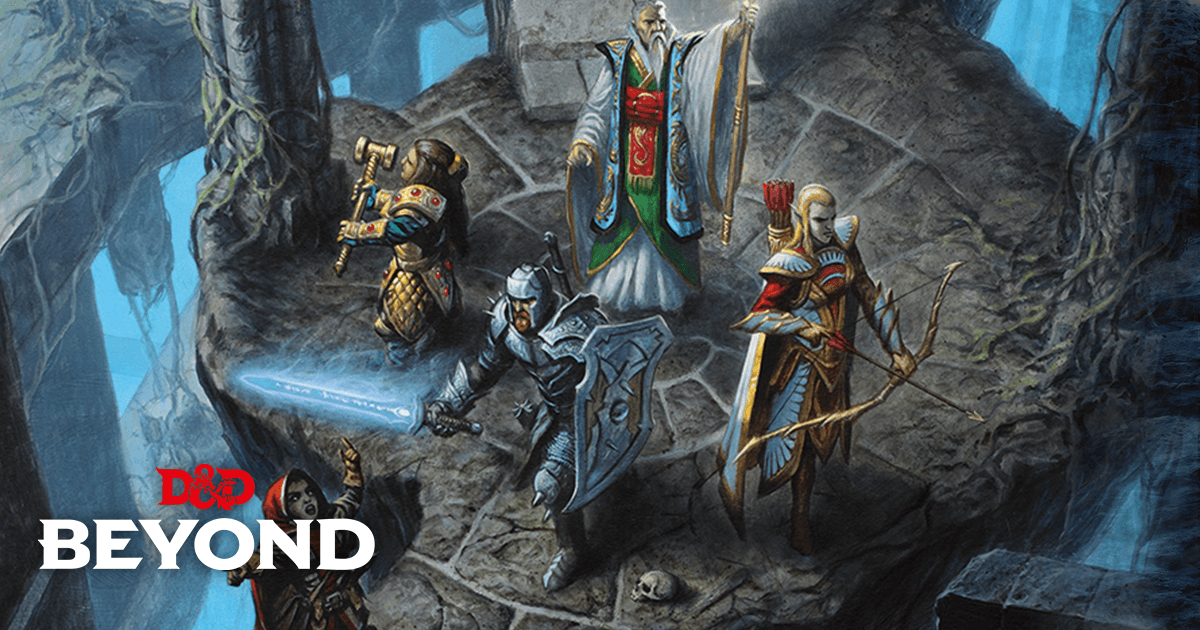Yaarel
🇮🇱 🇺🇦 He-Mage
In a polytheistic setting, the relationship between a Cleric and a deity goes in the Ideal and Flaw section.
The deity itself and-or its sacred community are "Bonds".
Additionally, the Cleric might share some "Ideal" in common cause with the deity.
Perhaps the Cleric and the deity might even share some "Flaw".
Sometimes the Cleric and the deity might share a similar personality "Quirk".
In some polytheistic settings it is important for the Cleric to share the same ethical alignment, and in other polytheistic settings it doesnt matter - and the worshipers of the deity can schism against each other and can disagree with the deity.
The reward for a player who roleplays the Clerics relationship with the bonded deity, is the DM grants Inspiration dice.
The punishment for not roleplaying the relationship to the deity, is the DM doesnt give Inspiration. But the DM might still grant the player Inspiration for good roleplaying in other situations.
The deity itself and-or its sacred community are "Bonds".
Additionally, the Cleric might share some "Ideal" in common cause with the deity.
Perhaps the Cleric and the deity might even share some "Flaw".
Sometimes the Cleric and the deity might share a similar personality "Quirk".
In some polytheistic settings it is important for the Cleric to share the same ethical alignment, and in other polytheistic settings it doesnt matter - and the worshipers of the deity can schism against each other and can disagree with the deity.
The reward for a player who roleplays the Clerics relationship with the bonded deity, is the DM grants Inspiration dice.
The punishment for not roleplaying the relationship to the deity, is the DM doesnt give Inspiration. But the DM might still grant the player Inspiration for good roleplaying in other situations.

